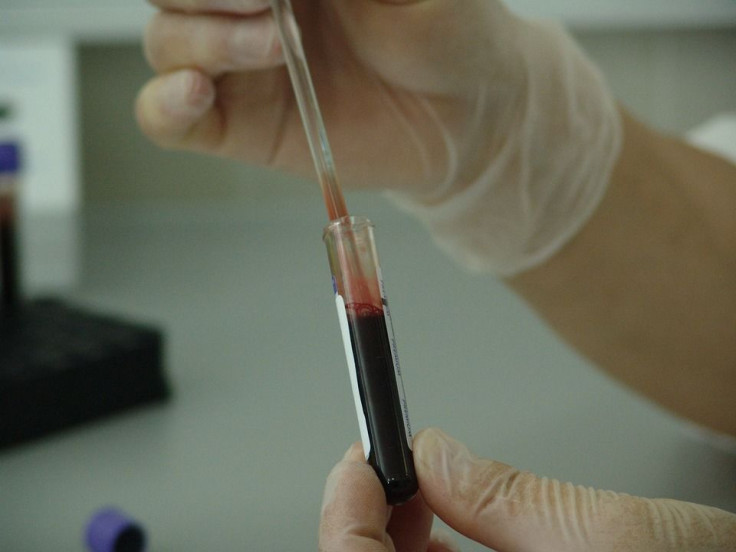Blood Test May Detect Breast Cancer, Provide Effective Alternative To Invasive Biopsies

The only definitive way to diagnose breast cancer is by removing a sample of breast cell, known as a biopsy. As an alternative to this invasive method, a diagnostic company created a blood test to detect cancer and inform better decision-making after a woman receives abnormal results from a mammogram or other imaging test. Now, new research shows promising findings for the blood test, known as Videssa Breast.
In a study, published in the journal Clinical Breast Cancer, researchers found that the blood test has the potential to reduce the use of biopsy by nearly 67 percent. It works by identifying specific proteins that the body produces when it’s working to fight breast cancer.
“Videssa Breast can effectively detect breast cancer when used in conjunction with imaging and can substantially reduce unnecessary medical procedures,” the authors conclude in their paper. It can also “provide assurance to women that they likely do not have breast cancer.”
The study involved two trials with a total of 545 women, ages 25 to 50, who had mammogram readings that were abnormal or difficult to interpret. All of the participants had screenings that were either a 3 or 4 on the Breast Imaging Reporting and Data System (BI-RADS). This categorical system, established by the American College of Radiology, puts findings from mammograms into well-defined categories ranging from “0” meaning incomplete to “6” which signifies a known biopsy with proven malignancy. If a patient receives a 3 on the BI-RADS scale, a follow-up is often recommended. Any score higher than a 3 most likely involves a future biopsy.
Read: Chemotherapy Side Effects: Breast Cancer Patients Using ‘Cold Caps’ Kept More Hair Than Others
It’s common for a patient in the 3 or 4 score range to receive a false positive imaging result. Additionally, about 70 to 90 percent of breast biopsies are likely benign, according to a statement. Among the women in the study, more than 90 percent of the biopsies performed due to imaging results were negative. The authors suggest that by using Videssa Breast combined with imaging, there will be more accurate results to determine if a women needs a biopsy or not.
“When a mammogram yields an abnormal result, the challenge for every clinician is to decide which patients need follow-up, further imaging or biopsy,” study author Josie R. Alpers, MD said. “A test that is well-validated in a prospective trial means clinicians have a new way to accurately identify which patients may or may not need additional follow-up.”
The study was funded and carried out by Provista Diagnostics, the maker of Videssa Breast; some of the study authors are directly employed by the company and own stock.
This study includes data from two different sets of research that the authors carried out. They plan to publish more information in the future. Currently, there are limited health centers throughout the United States that are involved in testing the effectiveness of Videssa Breast.
See also: Breast Cancer And Alcohol: African-American Women Who Drink May Increase Their Risk Of Disease
Foods That Fight Cancer: Strawberries Slow Tumor Growth In Mice With Lab-Grown Breast Cancer Cells



























